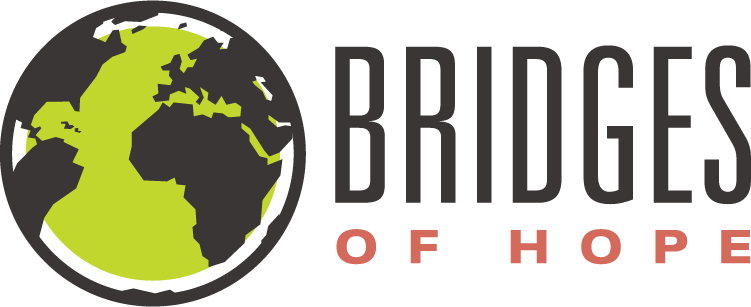Micronesia
Micronesia is one of the most beautiful, and unique, places on the face of the earth. Right above the equator, east of the Philippines and north of Australia, lies hundreds of tiny islands scattered across millions of square miles.
Although these islands present the perfect picture for a glossy calendar, they are more remote than a desert village. Sadly, they are also isolated from the help they desperately need. Overwhelmed by serious social issues, like alcoholism, domestic violence, childhood sexual abuse, and a suicide rate among young people twenty times what is found in the U.S., Micronesia is a place in crisis. Intervention is further complicated because of the extremely complex culture and the suspicious nature of many islanders.
Community Development
Bridges of Hope's mission in Micronesia includes leadership development, counseling, and establishing just, safe, and healthy communities
For four years Karyn Sorenson lived in Micronesia. “It took years to earn the respect and trust of the Micronesians, years just to grasp a working knowledge of their complex culture, and three years before I was invited to their remote islands to provide relief for hurting families, pastors, and churches. I feel privileged to have finally reached this place where I can deeply reach a culture that is really hurting.”
The list below identifies ten areas of Bridges of Hope Micronesia’s current work:
Teaching at Pacific Islands University
Discipleship and counseling
Encouraging pastors and Christian leaders
Seminars and specialized training for police officers, health care workers, women’s counsels, and various groups both on remote islands and throughout the world
Missionary and PIU staff mentoring, support and consultation
Empowering and collaborating with local leaders to implement laws and enforce existing laws in an effort to protect women and children
Collaborating with Micronesian churches to provide programs and youth camps in their local communities in an effort to foster positive relationships between the church and the community
Research and implementation
Working with stateside Micronesians
Recruiting and training others to join in the work in Micronesia through youth camps, workshops, and counseling/teaching



